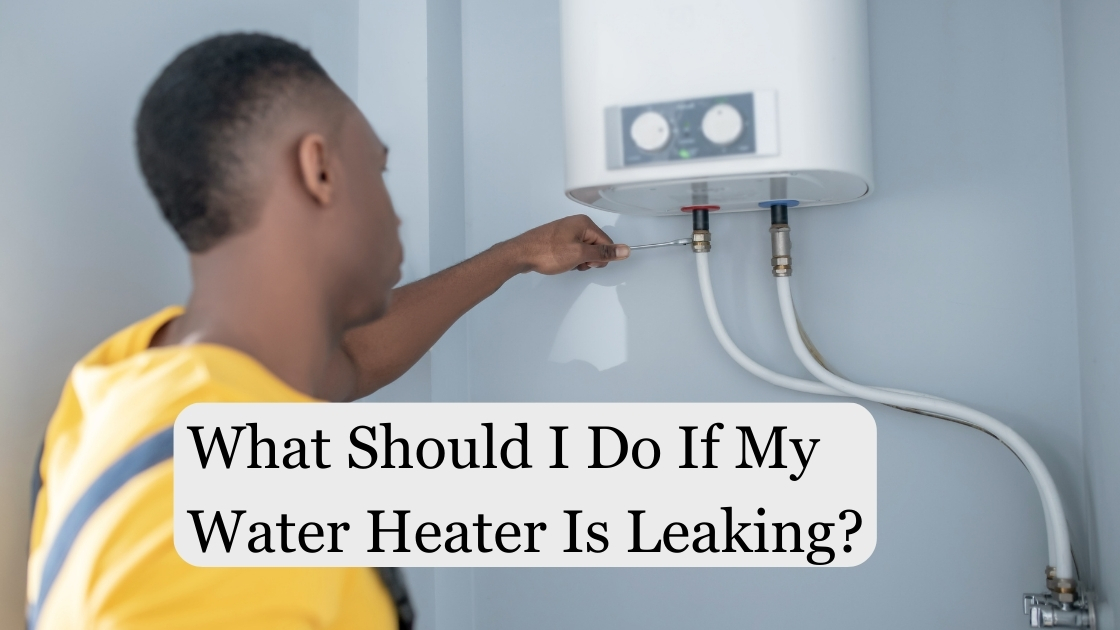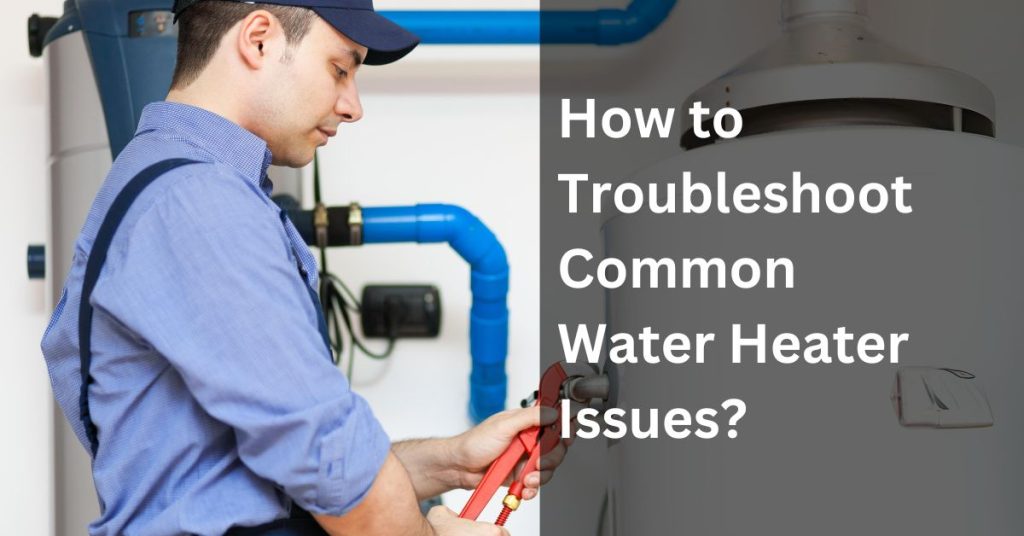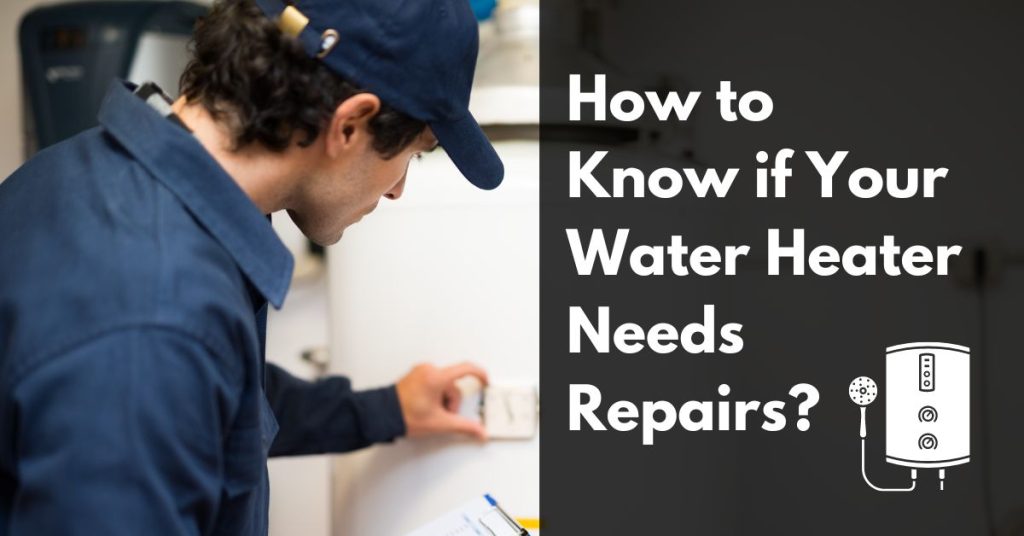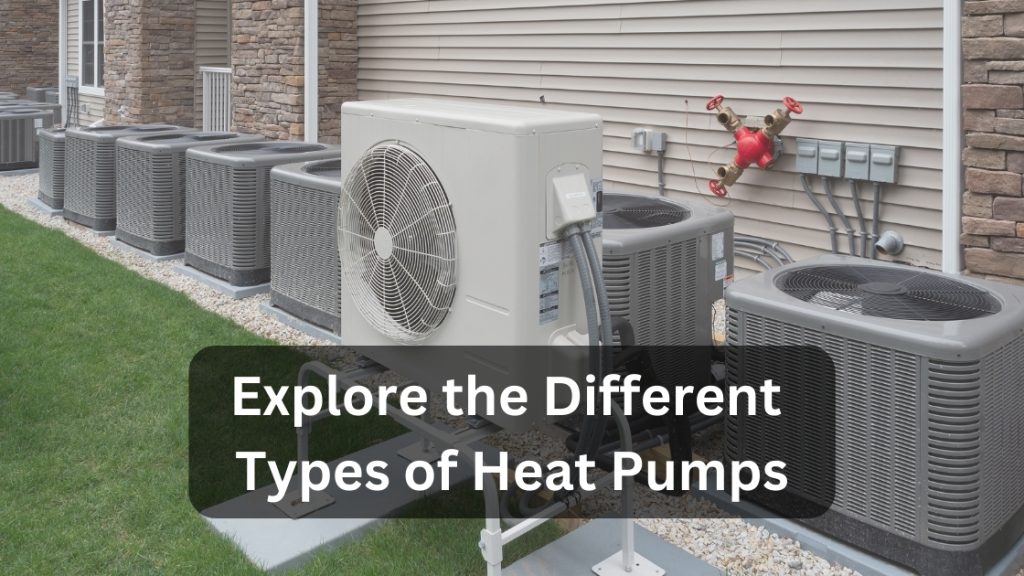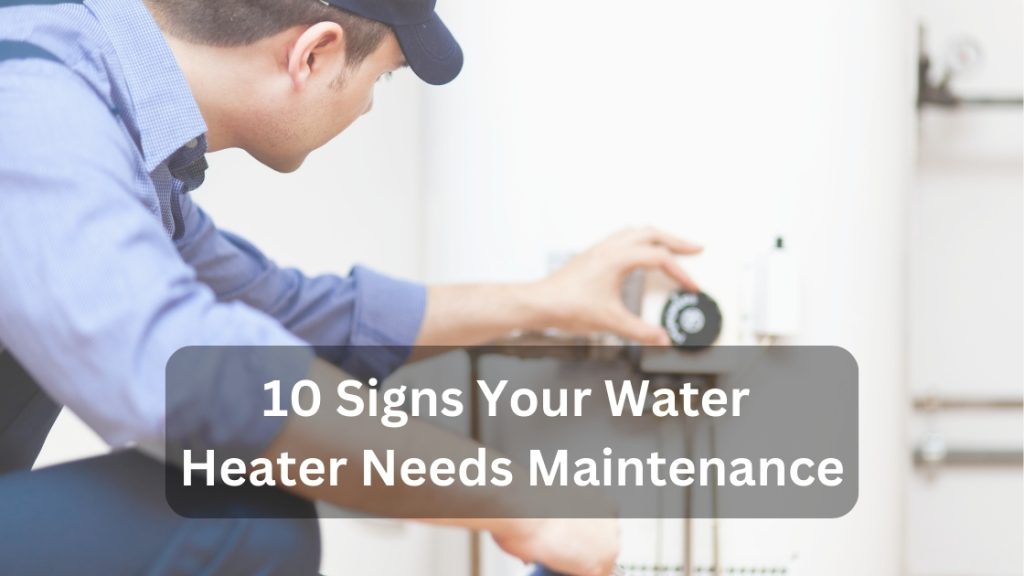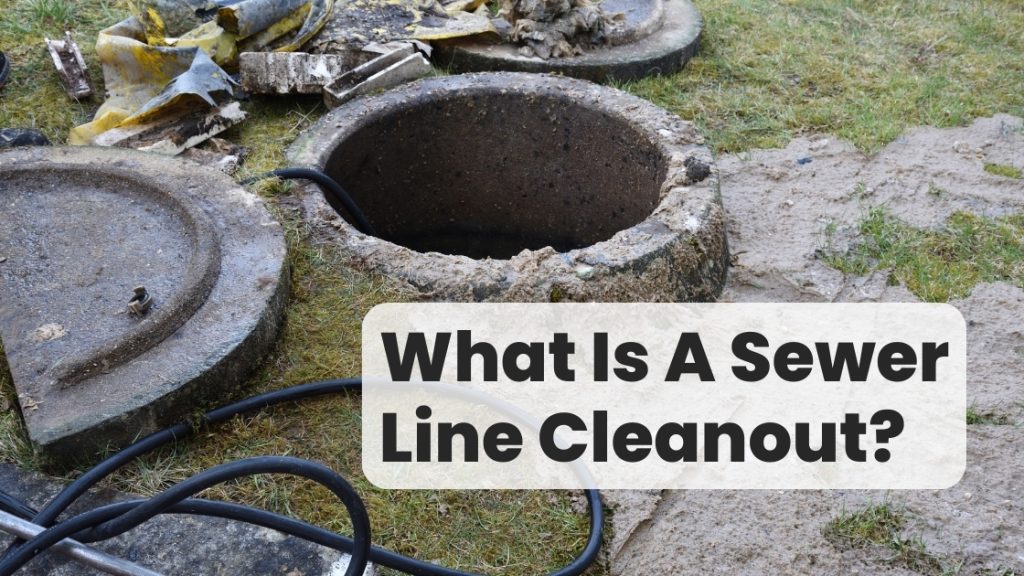Currently Empty: $0.00
What Should I Do If My Water Heater Is Leaking?
When your water heater is leaking, it can be a cause for concern and may require immediate attention. Here’s what you should do if you encounter a leaking water heater, including common causes, troubleshooting, and potential solutions.
Contents
Common Causes of Water is Heater Leaking
Water heater leaks can be caused by various factors, including a faulty relief valve, high pressure, or excessive temperature. The relief valve, also known as the temperature-pressure relief (TPR) valve, can leak due to excessive pressure or a faulty valve.
Old Water Tank:
Water heaters with a tank style that are more than 15 years old leak more frequently than newer heaters. As the system ages, components wear down, and leaks occur more frequently.
Drain Valve:
A damaged or loose drain valve can cause puddles to form around the water heater. Flushing the water tank and cleaning any buildup or debris from around the valve can help resolve the issue.
High Pressure:
Excessive pressure in the water heater can cause leaks. If the water heater creates too much pressure while increasing the water’s temperature, it can lead to problems.
Malfunctioning Temperature & Pressure Relief Valve:
An improperly installed or faulty temperature and pressure relief valve can cause leaks. If the valve is defective, hot water can start to leak out.
Loose or Faulty Fittings and Pipe Connections:
Loose or faulty fittings and pipe connections can cause leaks from the top of the water heater. Tightening the cold and hot water inlet pipes with a pipe wrench can help resolve the issue.
Worn Out Anode Rod:
The anode rod protects the hot water tank from corrosion. If it wears out, the tank can become corroded, leading to leaks.
Collection of Sediment:
If you neglect cleaning the tank, sediment builds up at the bottom and eventually causes the unit to crack. Regular maintenance and flushing of the water heater can help avoid costly repairs due to buildup and reduce the risk of a leak.
Signs of a Leaking Water Heater
Signs of a leaking water heater include water pooling around the unit, dampness or moisture near the bottom, or signs of corrosion on the tank. Additionally, a hissing or dripping sound may indicate a leak. Signs of a leaking water heater include:
1. Water Pooling Around the Unit:
If you notice a pool of water near your water heater, it could be a sign of a leak.
2. Dripping or Running Water Sounds:
If you hear dripping or rushing water sounds when you’re near your water heater, it could indicate a leak.
3. Rusty Water:
Discolored water, particularly a rusty tinge or red tint, is a cause for concern. If the issue is limited to your hot water, it may be due to rust in the tank.
4. Moisture or Rust on the Tank:
Visible signs of rust at the base of the tank or moisture on the tank could indicate a leak.
5. Increased Water Bills:
If you notice rising water bills without an increase in water usage, it could be a sign of a leak.
6. Age of the Water Heater:
If your water heater is more than 15 years old, it’s more likely to leak.
How to Fix a Leaking Water Heater
To fix a water heater leak, follow these steps:
Turn Off the Power Supply:
For an electric water heater, switch off the breaker in your electrical panel. For gas water heaters, set the gas control valve to the “pilot” position. Then, turn off the water supply to the heater.
Identify the Source of the Leak:
Determine the source of the leak. Check for leaks from the relief valve, drain valve, or tank itself. If the leak is coming from the top, it could be due to loose or faulty fittings and pipe connections.
Tighten the Connections:
If the leak is due to loose connections, use a pipe wrench to tighten the cold and hot water inlet pipes.
Replace Faulty Valves:
If the leak is due to a faulty valve, such as the temperature and pressure relief valve or the drain valve, replace the valve.
Call a Professional Plumber:
If you’re unable to identify or fix the source of the leak, it’s time to call a professional. A plumber has the tools and expertise to accurately diagnose and repair the problem.
Conclusion
In conclusion, if you encounter a leaking water heater, it’s important to address the issue promptly to prevent property damage and safety hazards. Contacting a professional plumber for water heater repair and maintenance is crucial to ensure the safe and efficient operation of your water heating system. If you’re facing a water heater leak, don’t hesitate to seek expert Plumbing Repair in Napa to resolve the issue effectively.


